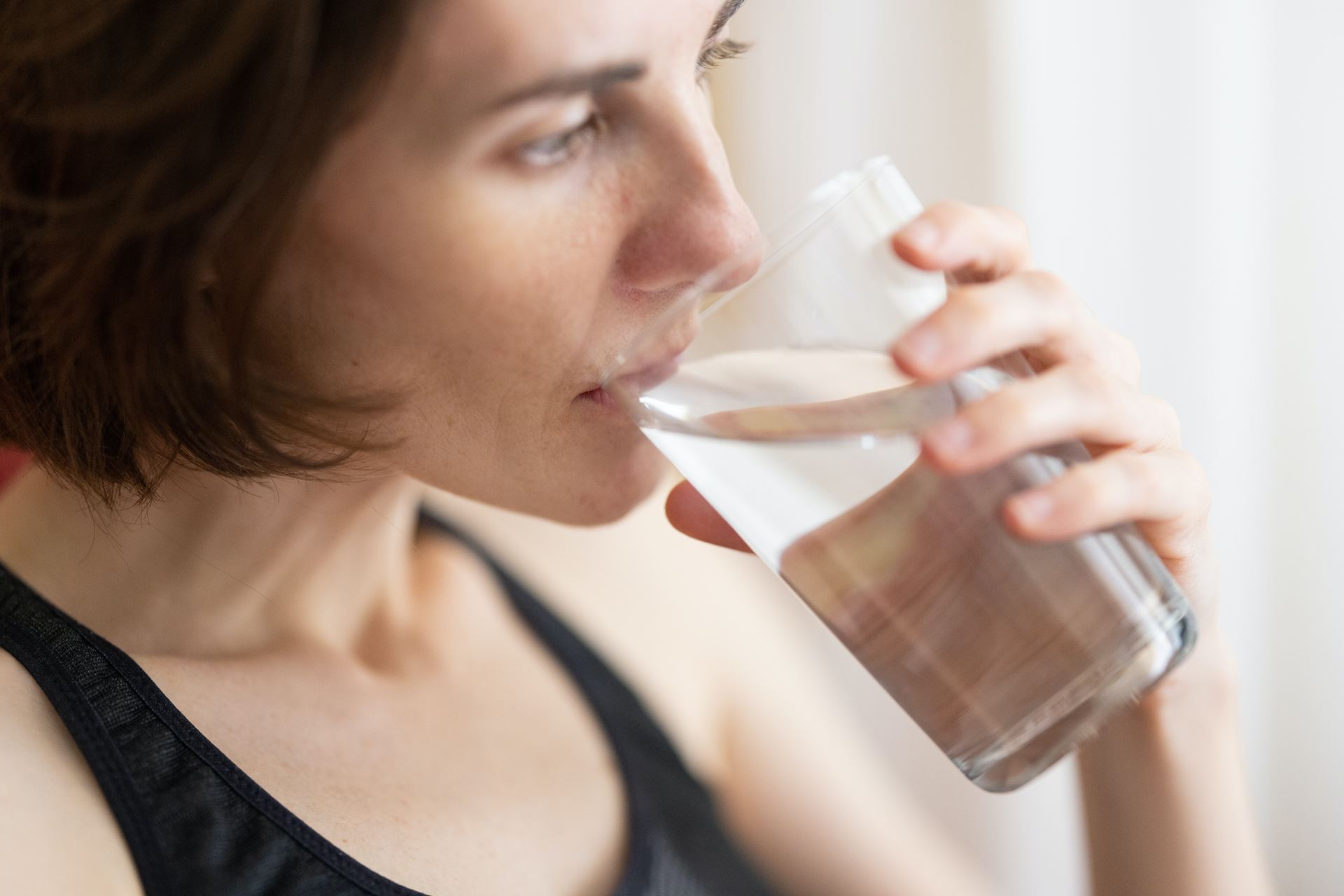Constipation
Constipation is common and affects people of all ages. You can usually treat it at home with changes to what you eat and your lifestyle.
It's likely to be constipation if:
- you have not had a poo at least 3 times during the last week
- the poo is often large and dry, hard or lumpy
- you are straining or in pain when you have a poo
- you have a stomach ache and feel bloated or sick
The most common causes of constipation include:
- not eating enough fibre – such as fruit, vegetables and cereals
- not drinking enough fluids
- not moving enough and spending long periods sitting or lying in bed
- being less active and not exercising
- often ignoring the urge to go to the toilet
- changing your diet or daily routine
- a side effect of medicine
- stress, anxiety or depression
Self-care for constipation
Making some changes to your diet or lifestyle may improve the constipation. It may take a fewdays or weeks to see improvements.
- drink plenty of fluids and avoid alcohol
- increase the fibre in your diet
- add some wheat bran, oats or linseed to your diet
- keep to a regular time and give yourself plenty of time to use the toilet
- go as soon as you feel the urge to poo
- try raising your feet on a low stool to get your hips above your knees
- move more, go for a walk or increase your activity

When to get help for constipation
Speak to your local pharmacist if changes to your diet and lifestyle are not helping. They may suggest taking a laxative for a short period of time.
See your GP if you:
- are not improving with treatment
- are regularly constipated and it lasts a long time
- are bloated and it lasts a long time
- have blood in your poo
- have unexpectedly lost weight
- feel very tired all the time
- are taking medicine that’s causing constipation – such as opioid painkillers
Page last reviewed: 18 October 2021
Page created: 18 October 2021
Page created: 18 October 2021